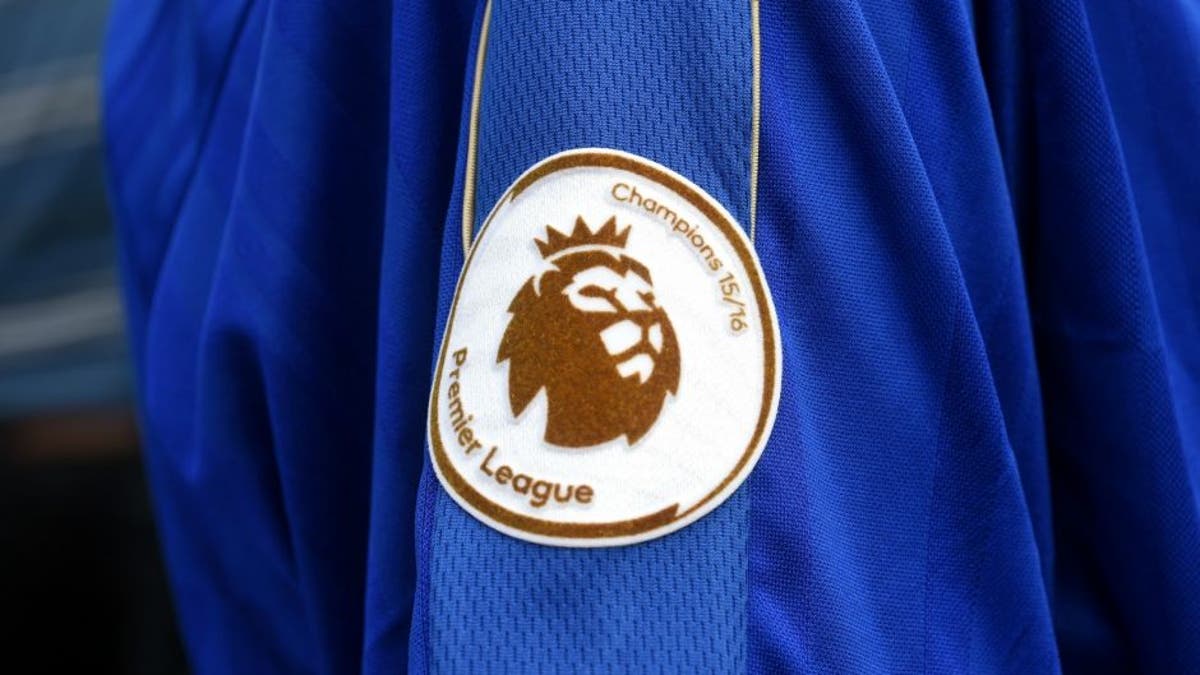
xxxx during the Barclays Premier League match between Leicester City and Everton at The King Power Stadium on May 7, 2016 in Leicester, United Kingdom.
The people of the United Kingdom voted to have their country leave the European Union, setting in motion a massive political and economic change that will have a widespread impact on the continent, and the world. That includes soccer and, more specifically, the Premier League.
The Premier League has worked under the EU's freedom of movement laws, which allow for goods, money or workers to move across any borders within the EU. That has made it possible for any player that is a citizen of a EU country to play in the Premier League without problem, and ensured there would be no tariffs.
Going forward, that's in doubt.
Premier League clubs may not be able to import talent like they have in the past. All players from EU countries would be subject to the same UK work permit laws that non-EU players are currently subject to, which blocks many players from joining English clubs. Players like N'Golo Kante and Dimitri Payet would not have been eligible to sign with Leicester City and West Ham, respectively, when they came over, and they would be just two of hundreds that would no longer be able to sign in the Premier League.
That doesn't mean all players would be barred from joining the league. The top players from the top national teams still could, so the likes of Mesut Ozil, Alexis Sanchez and Sergio Aguero are safe, but most players below that threshold would be denied the ability to sign.
Those changes would undoubtedly hurt the Premier League and make for a weaker league. Premier League executive chairman Richard Scudmore has already come out and said that the UK staying in the EU was best for the league. But for those who prioritize the health of the England national team, it's possible that this helps give more English players a chance.
In addition to the changes in labor laws, the strength of the pound is now in flux. For decades, the pound has been strong and made for favorable transfer deals, but it plummetted with the news of the UK's vote to leave the EU and how strong it is going forward is still to be determined. That will impact the cost of transfers, as well as the willingness of investors to buy teams and pour money into them.
Of course, that is all speculation and guessing. All of it is. And that's the key. Right now, we don't know exactly what the impact will be.
The UK still has to trigger Article 50 of the Treaty of Lisbon, which provides countries with the option to leave the EU. Once they do, the separation of the UK from the EU will take at least two years. So the UK is still a member of the EU right now and they will be until at least two years after they trigger article 50, which may not happen for months.
The two-year timeline for separation allows for the UK to negotiate trade agreements, movement laws and a host of other things that are currently governed by the EU. As of now, nobody knows how those negotiations are going to play out -- they'll be subject to the UK, the 27 other EU countries and national parliaments in each nation -- or what the laws of the UK will be in a post-EU world. They certainly don't know how UK work permit law will apply to soccer clubs and what rules the Premier League will enact in reaction to those laws. And not only will all of that affect the laws that the Premier League has to work with, but it (along with a host of other things) will also impact the strength of the pound.
Essentially, what the Premier League has now is uncertainty. That's a dramatic change for a league that was looking forward to its new TV deal kicking in this upcoming season and paying them way more than any other league in the world. With that money, there was supposed to be unprecedented certainty and at least financial dominance over the rest of the sport. Those checks will still clear, but how much those billions of pounds are actually worth is up in the air. As is so much more for the league.
So what will the impact of the UK leaving the EU have on the Premier League have? Nobody knows right now, only that there will be an impact.
MORE FROM FOX SOCCER
